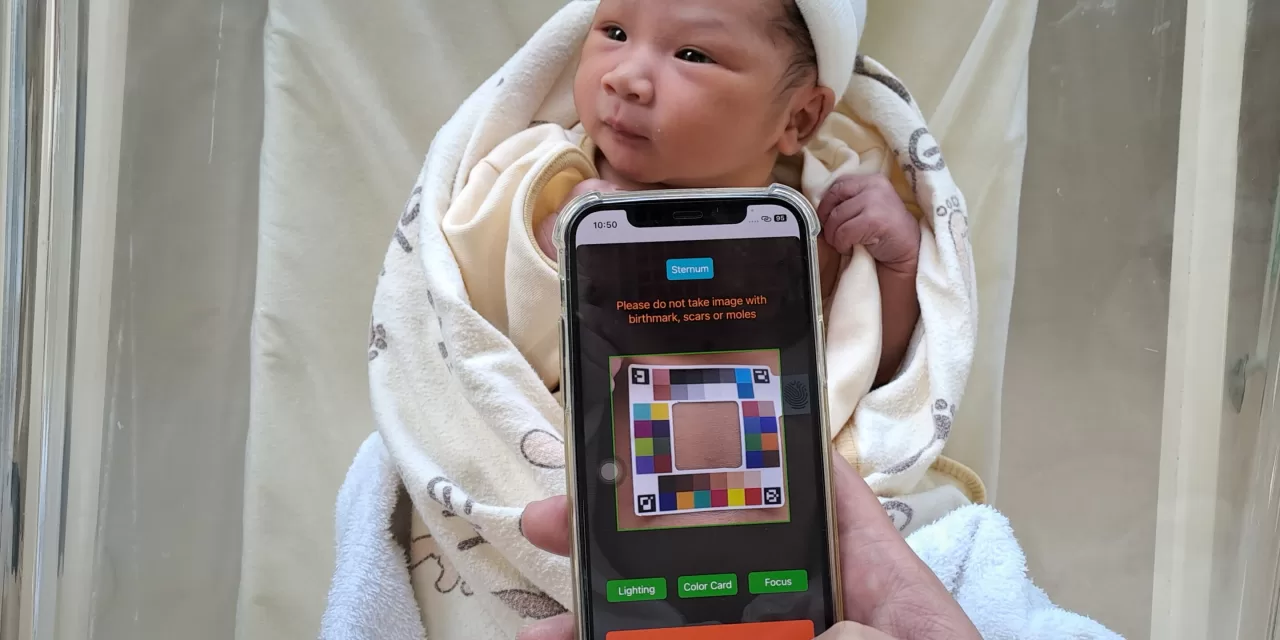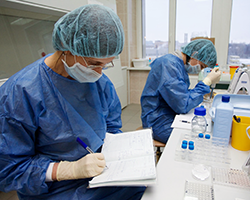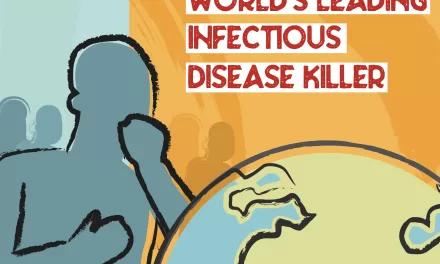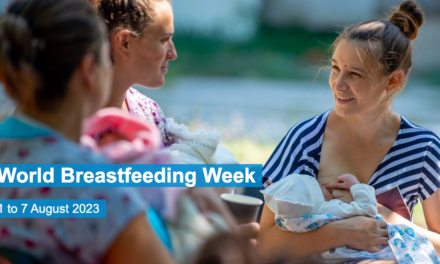A new AI-powered app is set to revolutionize how Asian parents monitor their newborns for neonatal jaundice (NNJ), allowing them to screen their babies in the comfort and safety of their own homes. The innovative app, named BiliSG, was developed by a team led by Singapore General Hospital (SGH), in collaboration with SingHealth Polyclinics (SHP) and national HealthTech agency Synapxe. The work, published in JAMA Network Open, addresses the logistical challenges parents face when it comes to frequent clinic visits for jaundice screening.
Newborn jaundice, a condition that affects up to 80% of pre-term infants and 60% of full-term babies, occurs when a baby has high bilirubin levels in their blood. This results in a yellow tint in their skin, typically seen in the first two to three weeks of life. Although the condition is often self-limiting, regular monitoring is crucial, as severe jaundice can lead to brain damage, intellectual disabilities, motor disabilities, and developmental delays.
Traditionally, babies are screened either through a handheld light-emitting device to measure skin yellowness or a blood sample drawn from a heel prick. These methods typically require frequent visits to clinics or hospitals, posing a risk of exposure to airborne diseases for vulnerable infants, especially during public health crises.
BiliSG offers a more convenient alternative. By simply using a smartphone camera, parents can capture images of their infant’s forehead, chest, and abdomen with the help of a specially designed color-calibration sticker. The app’s machine learning algorithm then analyzes the images to predict the bilirubin levels, offering a non-invasive and accurate jaundice screening tool. What sets BiliSG apart from other apps is its multi-point screening, taking into account different areas of the body, which helps provide a more comprehensive assessment of jaundice severity. Additionally, it was specifically designed with multi-ethnic Asian populations in mind, addressing variations in skin tone that could affect accuracy in other apps developed for different regions.
Dr. Alvin Ngeow, the principal investigator and Senior Consultant at SGH, explained, “Most jaundice screening apps rely on a single reference point, such as the forehead, which can be misleading since jaundice can appear differently across various body parts. The BiliSG app’s multi-point analysis and focus on local skin tones allow for more accurate results.”
The development of BiliSG took place over two phases: Phase 1 (June 2022–October 2023) focused on app development and the creation of the initial machine learning model, while Phase 2 (November 2023–June 2024) included model validation. During Phase 2, 352 infants were tested using the app alongside existing jaundice testing methods. The app achieved 100% sensitivity in detecting jaundice, demonstrating its reliability.
Dr. Tan Ngiap Chuan, Senior Author and Director of Research at SHP, shared, “This novel tool will be a game-changer in infant care, not only in Singapore but also globally. It offers parents the ability to monitor jaundice closely and conveniently, with the added benefit of telemedicine oversight from healthcare professionals.”
Neonatal jaundice is particularly concerning in certain ethnic groups, where there is a higher incidence. If left untreated, high bilirubin levels can lead to serious long-term complications. Early detection and consistent monitoring are essential to prevent these outcomes.
As the app continues to be tested, Synapxe’s Chief Data Officer, Andy Ta, emphasized the transformative potential of AI in healthcare. “Our collaboration with SGH and SHP demonstrates how AI can enhance patient outcomes by empowering parents to take an active role in their child’s health from the safety of their homes,” he said.
Next steps for the BiliSG team include further validation on a wider range of smartphone models and operating systems, as well as a pilot study to assess its clinical feasibility in real-world settings.
With continued research and development, the BiliSG app is poised to improve infant jaundice care, ensuring better outcomes for babies and peace of mind for parents.












